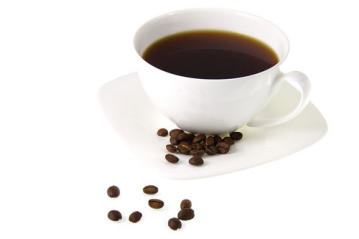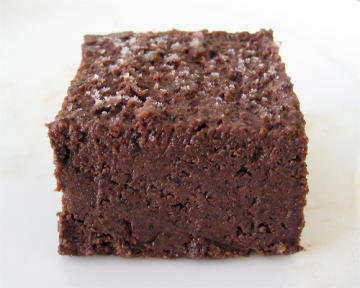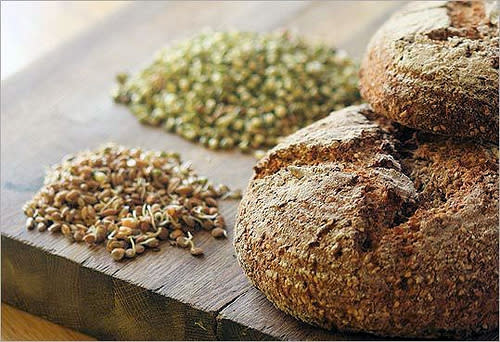Is Your Diet Making You Depressed?

Did the holidays throw a monkey wrench into your dieting plans? Yeah. We've been there.
Food and the Blues
The holidays can be even more challenging for the one in 20 Americans that suffers from depression, a chronic illness that usually requires long-term treatment with medication and counseling. Researchers are always looking into the oh-so-many factors that may influence depression, such as biology, hormones, life events and childhood trauma. The scarcely-studied factor? Food.
Science and Stuff
A study published in the British Journal of Psychiatry in 2009 showed that the future risk of depression was greater for participants that consumed a diet high in processed foods and lowest for those that consumed a whole-foods diet. Another recent study at the University of Melbourne suggested that eating a standard Western diet - one that is high in meat, dairy and preservatives - might increase the likelihood for depression by 50 percent. Step away from the cookie platter. Really.
Though further research is needed to understand why some foods may protect against or increase the risk of depression, most scientists agree that a healthy diet helps as part of an overall treatment.
Not Guilty, Your Honor
Food can significantly affect our moods, even if we're not clinically depressed. Unfortunately, most of us believe that the holidays give us a free pass to blow off our good-girl eating habits and exercise regimes. The delusion that our actions don't have consequences (we're talking your diet, not that one-night stand with the cute bartender) can start off that vicious cycle of eating poorly and exercising less, which always leads to additional stress and more eating. Can't a girl just enjoy her fruitcake?
Feel Good Foods
Luckily there are some foods that have been shown to help combat depression, including the following:

Coffee.
Studies suggest that the risk of depression is lower for women who drink over two cups of coffee a day. Can I get a hell yeah? If you're not into nature's bitter brew, try one of our favorite coffee alternative drinks.
Saffron. A golden spice that has been found to have antidepressant effects similar to Prozac. But there are a lot of "fakes" on the market, so buyer beware. To find out whether yours is the real deal, immerse a tiny piece of it in warm water. If the water colors immediately, then it's adulterated. Genuine saffron takes about 10-15 minutes of soaking before it turns a deep red color.

Chocolate.
Antioxidants in chocolate may lower cortisol levels (the stress hormone). Choose organic brands with a cacao content of 70 percent or higher.
Blueberries, Oranges and Peppers. Good sources of the antioxidant vitamin C, your immune system's best friend.
Nuts and Seeds. Good source of vitamin E and omega-3 fatty acids - those hormone helpers that can fight fat and keep you sane during your cycle.

Carbs.
Whole grains, legumes, fruits and vegetables help with the production of serotonin, the mood-boosting brain chemical.
Supplements. Get your B12 and D to help regulate your moods. B12 has also been shown to help out with alcohol and sugar cravings. Um, pass the pills.
Cope Time
Since hiding under your covers for the rest of the month ain't an option, set realistic goals and expectations (like accepting the fact that your family has no resemblance to the Brady Bunch). Don't pack every day with activities - prioritize and make sure to save some time for yourself. Also, avoid drowning your sorrows in the punch bowl - excessive drinking will only increase the blues.
Do you get the holiday blues? How do you cope? Let us know at healthybitchdaily.com
